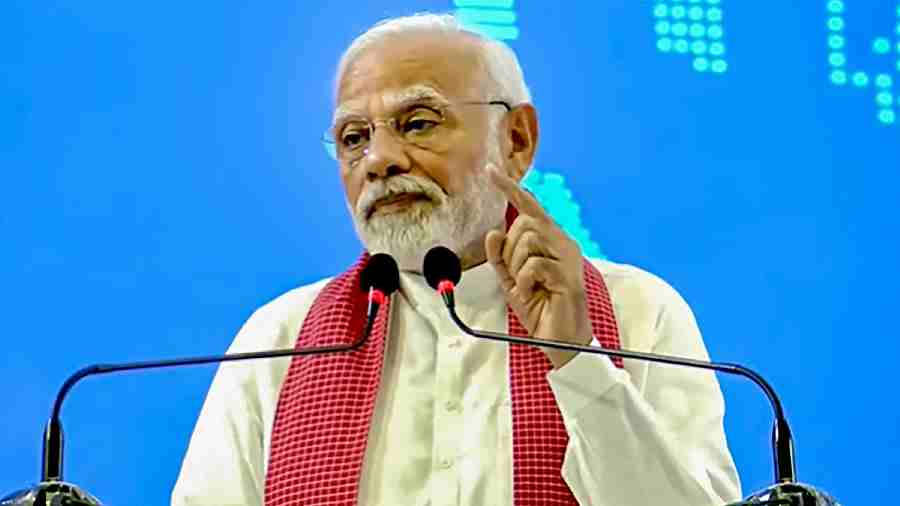As 2022 winds down, the world stands besieged by dangerous conflicts, a deadly and resurging pandemic, and deepening food and climate crises that make an optimistic forecast for the new year a difficult endeavor. Yet, such challenges also force nations to adopt positions of clarity in the way they engage with the world, no longer allowing for the mask of big but empty words that governments and diplomats like to rely on. If 2022 forced India to articulate its worldview on key issues with a sharpness it has often shied from, 2023 promises to push New Delhi into an ever more decisive set of postures while also balancing interests with competing powers.
For years after Narendra Modi came to power, his government underplayed the Non-Aligned Movement that India co-founded in the 1950s, with the external affairs minister, S. Jaishankar, describing it as a relic of the past. Modi skipped a NAM summit. But the fallout of the United States of America’s withdrawal from Afghanistan and Russia’s war in Ukraine have nudged Indian foreign policy into a proactive position of seeking a path very distinct from other major global players while trying to rally other developing nations behind it. In other words, India has embraced a reincarnation of non-alignment, only bereft of any ideological or moralistic moorings.
That approach will be tested in the new year when India is expected to host most of the world’s big leaders. India has invited the Egyptian president, Abdel Fattah el-Sisi — Egypt was a co-founder of NAM — as chief guest for the Republic Day celebrations in January. Like India, Egypt today is a close friend of the US and, yet, has strong ties with Russia. Later in the year, India is scheduled to host leaders of the Shanghai Cooperation Organisation and the G20. The Russian president, Vladimir Putin, and the Chinese president, Xi Jinping, are invited to both, while Western leaders, including the US president Joe Biden, the British prime minister, Rishi Sunak, the German chancellor, Olaf Scholz, and the French president, Emmanuel Macron, are expected to visit for the G20.
Whether India can getall of these leaders to attend its summits will prove to be a key test of Jaishankar’s skills. Not alienating any of them too much is certainly wise. India’s position as host might also allow it to explain to both the West and to Russia and China why it cannot lean too heavily either way in the months leading up to these summits.
Yet, India’s positions on key global issues in 2022 suggest that its tilt toward a new version of NAM isn’t merely a short-term, tactical arrangement. India’s emphasis on negotiations and its continued purchase of Russian oil have angered Ukraine. But Modi’s public rebuke to Putin in September, when he told the Russian leader that this is not an “era for war”, captures the tension that has crept into New Delhi-Moscow relations. Modi did not visit Moscow for the annual India-Russia summit in December, ostensibly because of ‘scheduling’ clashes.
In Afghanistan, India is building a working relationship with the Taliban. Its expression of “concern” over the group’s ban on young women attending university was ironically more muted than the criticism the Taliban has faced even from Saudi Arabia and Turkey. India does not want to walk away from Afghanistan as it did in the 1990s, giving Pakistan a free run in that country. But when Riyadh is stronger in its opposition to the Taliban’s actions than New Delhi, it weakens India’s stature as a leading democracy.
India has also diluted its pressure on Myanmar’s junta to return to democracy to ensure that its neighbour’s military rulers don’t only rely on China for support in the region.
All of this might make strategic sense, but there’s a key glue missing: during the Cold War, India saw itself as a member of the developing world and championed its cause. Today, India views itself as a major power and other emerging economies merely as tactical partners.
The new year will test whether India can party with opposing clubs in the big boys’ league while keeping smaller players united behind it.
Charu Sudan Kasturi is a senior journalist who writes on foreign policy and international relations











